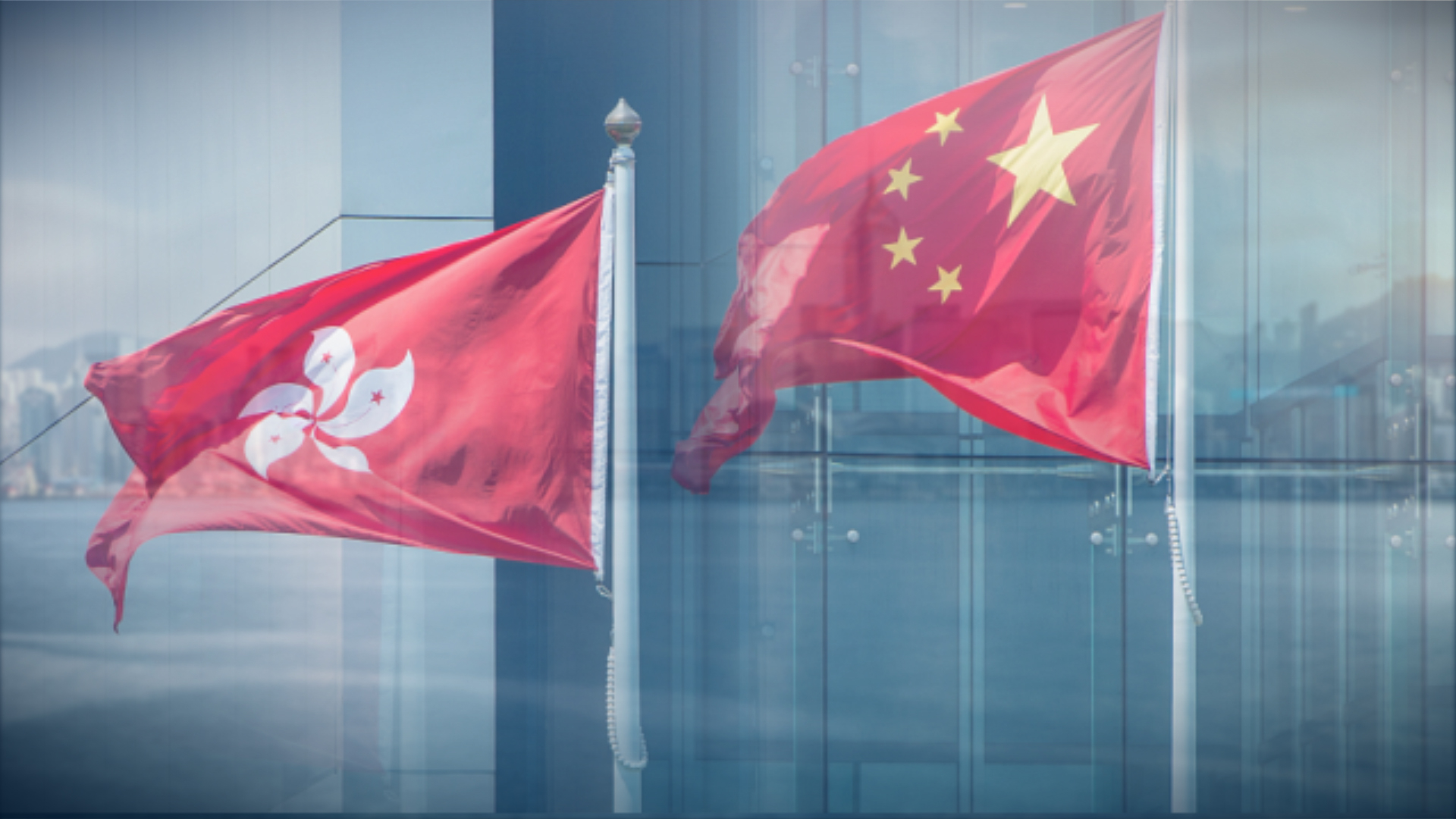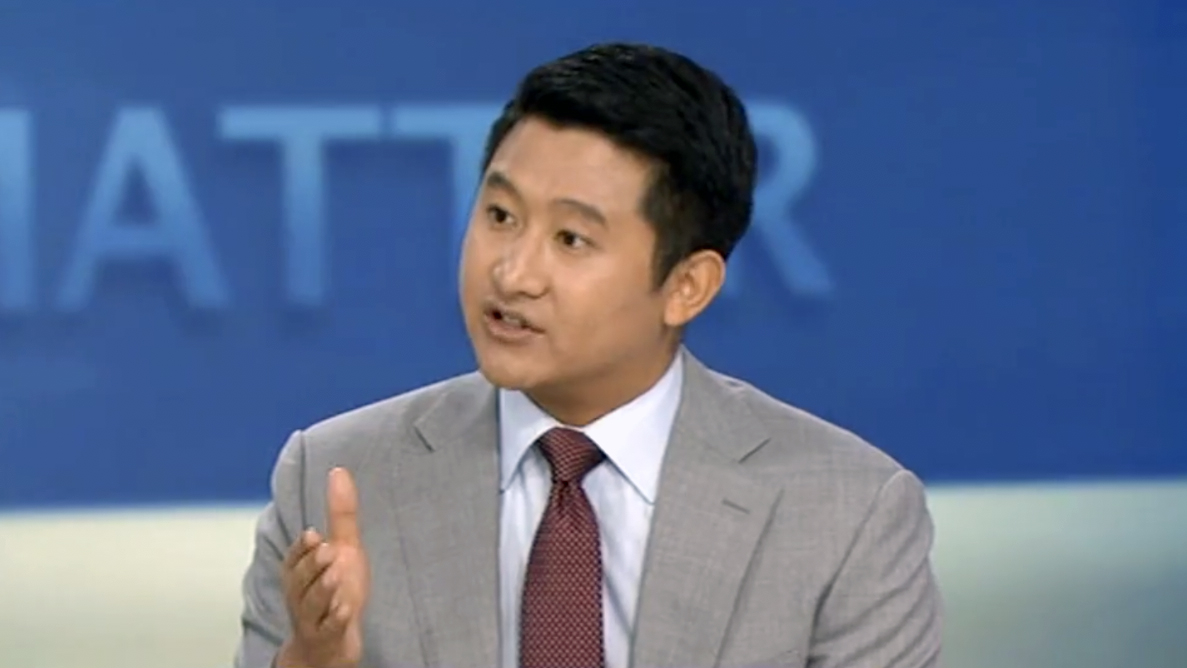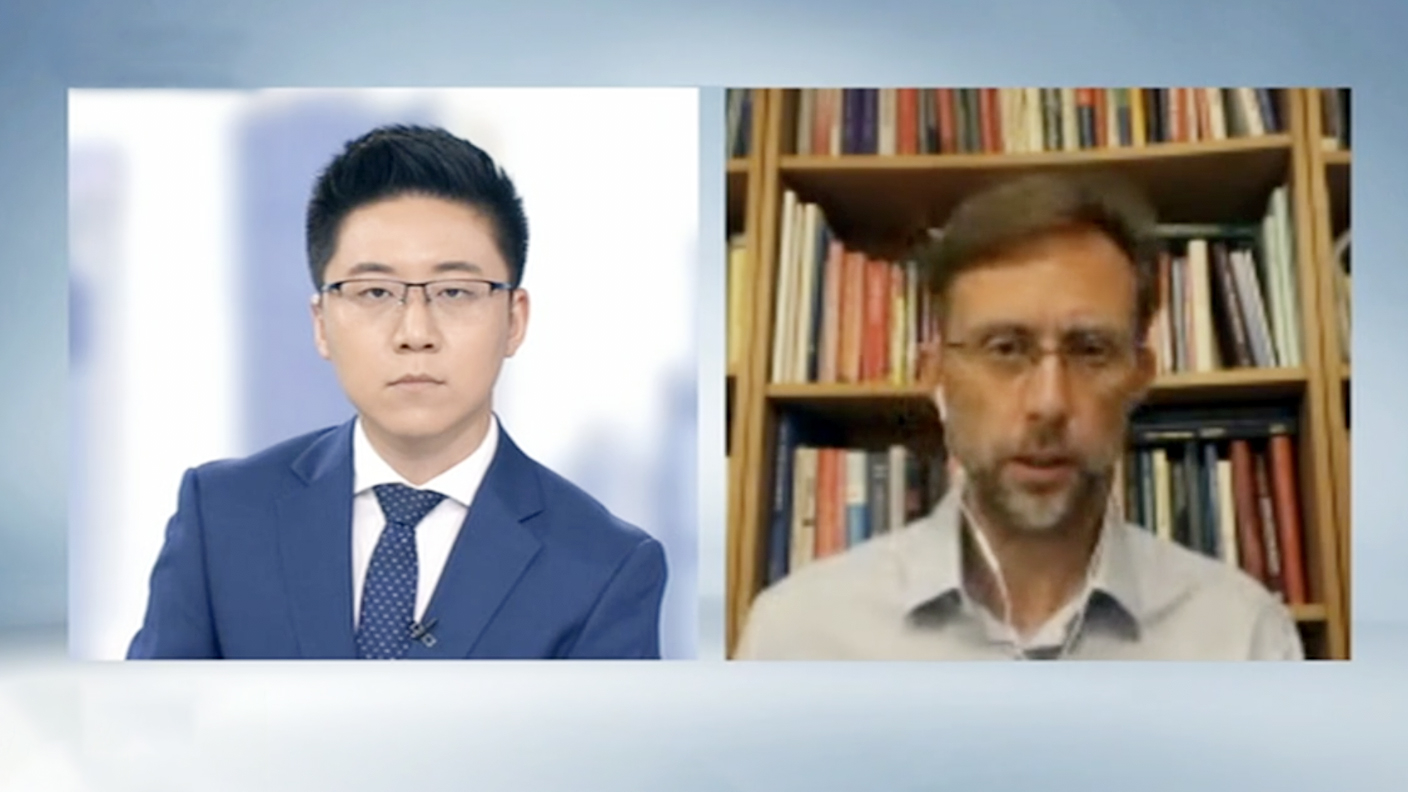

The continuous violent protests are dealing a heavy blow to Hong Kong's economy. The Hong Kong Special Administrative Region (HKSAR) government cut its forecast of growth to 0-1 percent year on year for 2019 – 2 percentage points down from a May estimate calling for growth between 2 and 3 percent. How will Hong Kong transform its economic and social structure to be more vibrant? And what can be done to address the turmoil and make the "Pearl of the Orient" shine again?
Hong Kong ranks 3rd among the world's major financial centers, right after New York and London, according to the latest Global Financial Centers Index released this March. However, its recent continuing violent protests have sparked a worldwide concern that its status as an international financial hub will hence be greatly impacted.
Charles Liu, founder of Hao Capital, considered what's going on in Hong Kong in terms of the financial side to be "suicidal" because finance needs stability and security. Robert Koepp, director of the Economist Corporate Network, said that short-term impact is "significant," due to a decline in Hong Kong's economic growth, a decrease in property sales both in volume and value, a huge drop-off in the retail sector in tourism and a fall in the stock market.
Nevertheless, in the long run, the most fundamental challenge is how to address those "deep structural issues," said Dr. Edward Tse, founder and CEO of Gao Feng Advisory Company. These are related to issues such as extremely-high property prices, a high degree of control by big businesses for the entire Hong Kong, as well as a general lack of upward mobility for Hong Kong young people.
A stimulus package of 19 billion Hong Kong dollars (about 2.4 billion U.S. dollars) is to be injected into the Hong Kong economy. Tse took this as a good measure, but he also emphasized that the money needs to "trickle down" to Hong Kong society as quickly as possible. Financial support is really needed by individuals, small businesses, small and medium-sized businesses and even large businesses, he added.

"Double standards" have been practiced by some Western media outlets, said Global Times reporter Wang Cong. Western media outlets have criticized the Hong Kong police and the SAR government while praising the violence through false and misleading information. Wang said the bias is twofold. First, there is an "ideological difference." Everything the Chinese mainland touches will be met with biased reporting. Second is a "tendency toward sensationalism and conflict." Driven by this tendency, they often overstate some facts. For example, they focus on the movement of police so that they can write a narrative that the police are using excessive force against peaceful protesters, which is actually not the case.

K. Shanmugam, Singapore's minister for law and home affairs, told Hong Kong's South China Morning Post that some international news outlets have misrepresented the events in Hong Kong with "superficial analyses." Dr. Tim Summers, senior consulting fellow at Chatham House's Asia-Pacific Program, said that clearly there's a sudden interest from the Western media in Hong Kong's violent protests, but people are going there without sufficient knowledge of the background.
They tend to look at things to do with China through a certain principle and framework, whereas Hong Kong is complicated and the "One Country, Two Systems" arrangement (policy) is not straightforward, so it does in some way "color" the tone of reporting that often goes back to audiences in the West.
"The Hong Kong Special Administrative Region is an inalienable part of the People's Republic of China," which is written in Chapter 1, Article 1 of Hong Kong's Basic Law. However, in Hong Kong's violent protests, there are some American faces popping up among the violent demonstrators and some violent protesters even held American and British flags.
Wang stressed that under the Basic Law, China has the right to step in, if necessary, to preserve the stability and prosperity of Hong Kong, which is a "last resort." He also pointed out those Western politicians who said that Hong Kong's demonstration is "a beautiful sight" clearly do not have Hong Kong's future in mind.
(If you want to contribute and have specific expertise, please contact us at opinions@cgtn.com.)

Copyright © 2018 CGTN. Beijing ICP prepared NO.16065310-3
Copyright © 2018 CGTN. Beijing ICP prepared NO.16065310-3